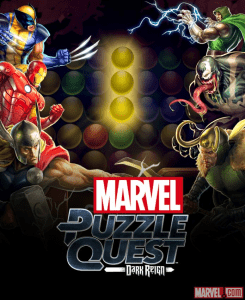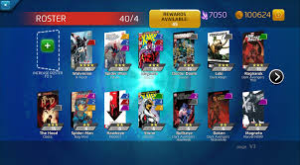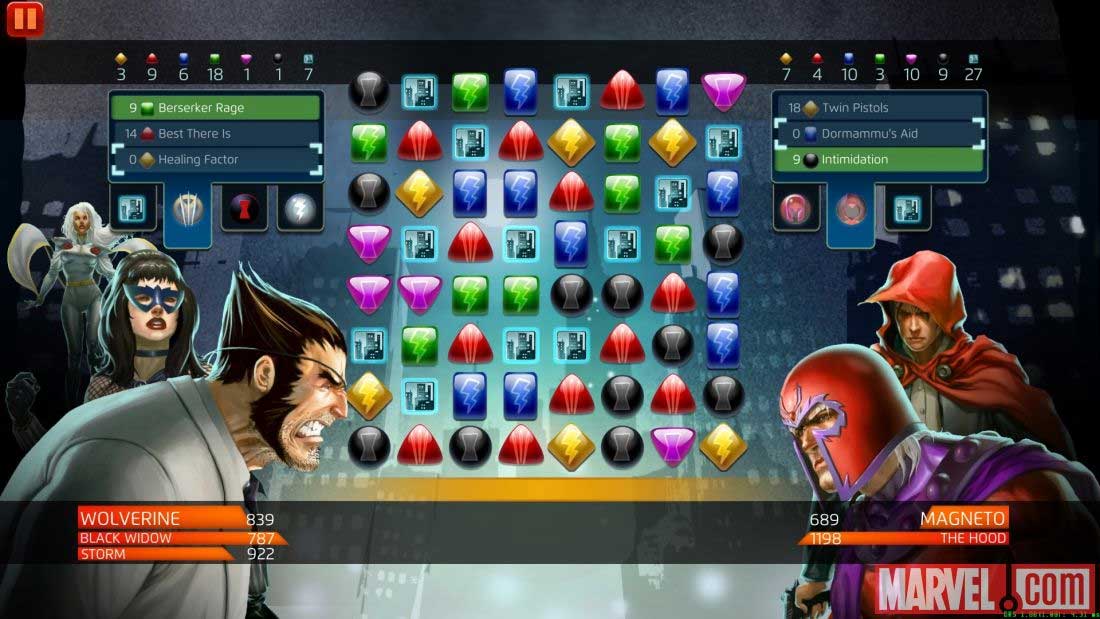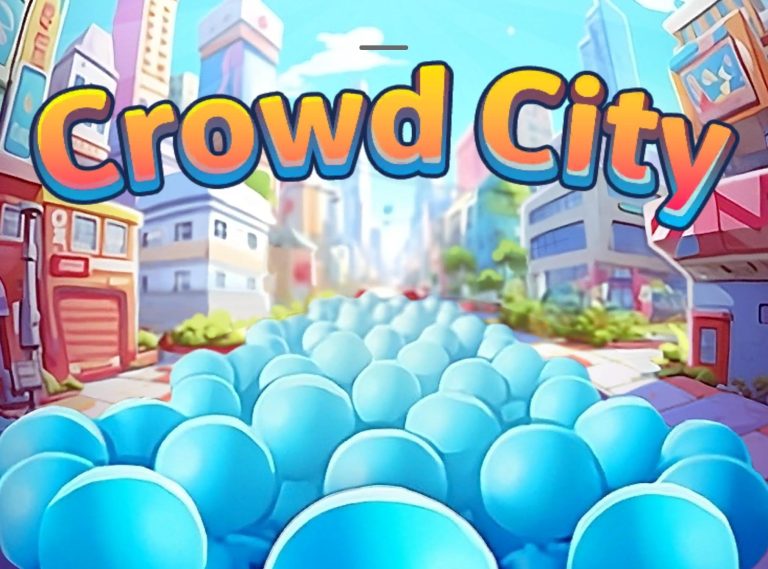Jay Powell, Business Development Director at Adrian Crook and Associates, has over fifteen years of experience working with some of the most popular licenses in games, television, and movies. In this post he turns his eye to Marvel Puzzle Quest and breaks down the relationship between license and game in this mobile and desktop success.
Marvel Puzzle Quest: Dark Reign (MPQ) is only the second licensed iOS title released in the US from D3 Publisher, but the company has a long track record of creating licensed products. They also have a good understanding of the free-to-play market, as MPQ has reached the top 50 overall downloads and consistently hovers in the top 100 grossing chart on the iOS app store. Originally released in October of 2013, the game has had several updates and is an excellent example of well-done license integration.
Designing with a License
 D3 Publisher (D3P) and and developer Demiurge Studios didn’t start with a blank slatefor their design. They used the mechanics and systems from Infinite Interactive’s highly successful Puzzle Quest series that has been released on multiple platforms since its original launch in 2007. The stable of characters from the Marvel universe and the inherent conflict between good and evil give the license a natural fit for the game design that blends casual match-three games with the depth and strategy of a collectible card game. They even threw in a simplified RPG element to the game. Access to Marvel’s history also provides the setting and storyline of the game, which is based on the 2008-2009 “Dark Reign” story arc.
D3 Publisher (D3P) and and developer Demiurge Studios didn’t start with a blank slatefor their design. They used the mechanics and systems from Infinite Interactive’s highly successful Puzzle Quest series that has been released on multiple platforms since its original launch in 2007. The stable of characters from the Marvel universe and the inherent conflict between good and evil give the license a natural fit for the game design that blends casual match-three games with the depth and strategy of a collectible card game. They even threw in a simplified RPG element to the game. Access to Marvel’s history also provides the setting and storyline of the game, which is based on the 2008-2009 “Dark Reign” story arc.
The use of existing materials, whether it’s art, a storyline, or even an open world, is one of the key benefits to using a license for a game. In this case, the story already exists and the main players have been designed. Coupled with an existing gameplay mechanic, a company is setting themselves up for success from the beginning. At the end of the day, however, the follow through is what matters most; D3P and Demiurge have done a fantastic job in ensuring the game is detailed and polished, and it has obviously been received well.
What works well?
The game itself is very well done and careful attention has been paid to the character animations to give the player a “comic book meets Saturday morning cartoon” feel to the combat. Characters are also earned, leveled, and displayed in the roster as the covers from their respective comic books. This is a fantastic idea as it not only gives the game a great amount of authenticity but also saves time and money on art resources.
In today’s world, the “software as a service” approach is crucial for free-to-play games; any company must always look beyond the initial launch to what comes next. By using a storyline that spanned months of comics and dozens of series as well, there was a wealth of material to choose from and plenty of new characters to introduce to MPQ. This depth of content enables the live ops team to roll out new material slowly and consistently give players something new to experience. Doing so leads to higher retention, which begets monetization, which begets happy stake owners, and so on and so forth.
Aside from access to an existing world, story, characters, and art, the other major reasons for using a license are the name recognition, discoverability, and support from a major brand. Simply releasing a well-polished game does not cut it anymore in the mobile market. Companies large and small struggle with discoverability. We have seen the cost of customer acquisition dip recently but for the most part it has cost more to acquire a user since November than the lifetime value of that user will yield. This is where a strong brand truly shines: By using a well-known brand and having that company support you and your marketing, you can save money on customer acquisition. However, it’s essential to ensure that the cost of acquiring and working with the license does not eclipse these savings. For MPQ, Marvel has been promoting the game on their own website (but could be doing more, as we’ll explore next).
What could be added?
So what could be added to improve the integration of a license such as Marvel into a well-designed, mass-market game? Better license monetization and promotion. From Marvel’s standpoint they should be looking to using the game to acquire more readers for their comics. By linking the sale of digital comics into the game they could further monetize players who are not familiar with the storyline or particular incarnations of their favorite characters. They are also missing an opportunity to inform the players of new releases and upcoming promotions. Each execution of the game, and some of the refreshes once a player is in the game, displays the latest news and in-game promotions. This same mechanic and real estate could be used to highlight new comic releases as well as upcoming movies.
The same holds true for D3P; a link to access other mobile games is a key asset missing here. As a strong license captures the attention of new players, all efforts should be used to introduce those new customers to other products.
Conclusion
While no new ground is broken in game design or the use of a powerful license, Marvel Puzzle Quest is a wonderful example of how to blend the right property with the right game design to create a polished and entertaining product.




